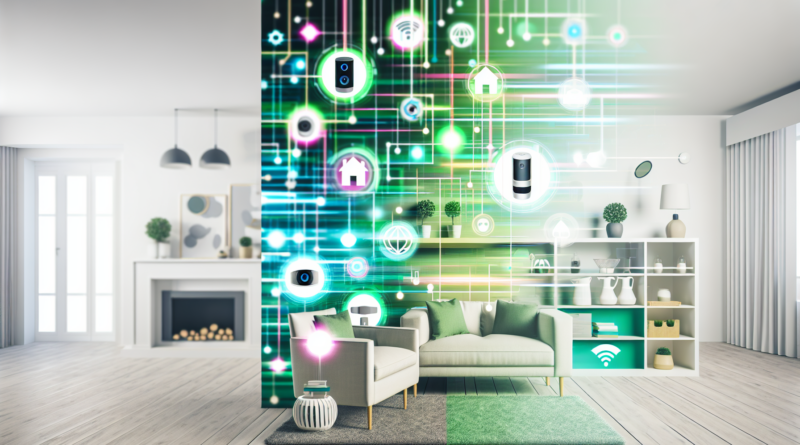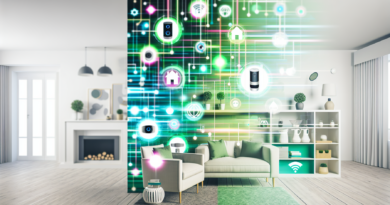The Hidden Connection Between Sleep Deprivation and Anxiety Attacks
The Hidden Connection Between Sleep Deprivation and Anxiety Attacks
Connection between sleep deprivation and anxiety attacks. In today’s fast-paced world, sleep deprivation has become increasingly common, affecting countless individuals globally. As technology continues to pervade our lives, we find ourselves struggling to maintain a healthy balance between work, personal commitments, and rest. Sleep deprivation does more than just make you tired; it has a profound impact on mental health, often leading to anxiety attacks. Understanding this hidden connection is essential for improving sleep quality and overall well-being.
Unveiling Sleep Deprivation
What is Sleep Deprivation?
Sleep deprivation occurs when an individual fails to get enough sleep. This can result from various factors, such as hectic work schedules, stress, or lifestyle choices that limit rest. Consistently experiencing insufficient sleep can lead to significant health issues, both physically and mentally.
The Impact of Technology
Modern technology, from smartphones to laptops, plays a pivotal role in sleep deprivation. The constant stream of information and stimulation can make it challenging to unwind and prepare your mind for rest. The blue light emitted by electronic devices disrupts the production of melatonin, a hormone that regulates sleep, hindering sleep quality.
Effects on Mental Health
Anxiety and Sleep: A Vicious Cycle
A lack of sleep doesn’t just cause irritability or lack of focus; it can significantly worsen anxiety symptoms. When you don’t get enough rest, your body’s natural stress response becomes heightened. This creates a vicious cycle where anxiety leads to poor sleep, and poor sleep exacerbates anxiety.
The Science Behind the Connection
Numerous studies have shown that sleep deprivation affects areas of the brain responsible for emotional regulation, such as the amygdala. This emotional center becomes more reactive, leading to enhanced anxiety responses. Furthermore, a tired brain struggles to process rational thought efficiently, amplifying feelings of distress and worry.
Improving Sleep Quality for Better Mental Health
Creating a Technology-Free Zone
To improve sleep quality, creating a bedtime routine that minimizes technology exposure is crucial. Aim to disconnect from electronic devices at least an hour before bed. Instead, engage in calming activities such as reading a book, taking a warm bath, or practicing relaxation techniques.
Prioritizing Sleep Hygiene
Good sleep hygiene can help you fall asleep faster and stay asleep longer. This includes maintaining a consistent sleep schedule by going to bed and waking up at the same time each day, creating a comfortable sleep environment, and avoiding stimulants such as caffeine and nicotine close to bedtime.
Seeking Professional Help
If sleep deprivation and anxiety attacks continue to disrupt your daily life, it may be beneficial to seek professional help. Therapies such as cognitive behavioral therapy (CBT) can provide effective strategies for managing anxiety and improving sleep patterns. Sleep specialists can also evaluate for potential sleep disorders that may be contributing factors.
Understanding the intricate relationship between sleep and mental health highlights the importance of prioritizing rest in our daily lives. By taking proactive steps towards enhancing sleep quality, we can positively impact our mental well-being and reduce the occurrence of anxiety attacks.
👉 For more insights, visit the ClayDesk Blog: https://blog.claydesk.com




